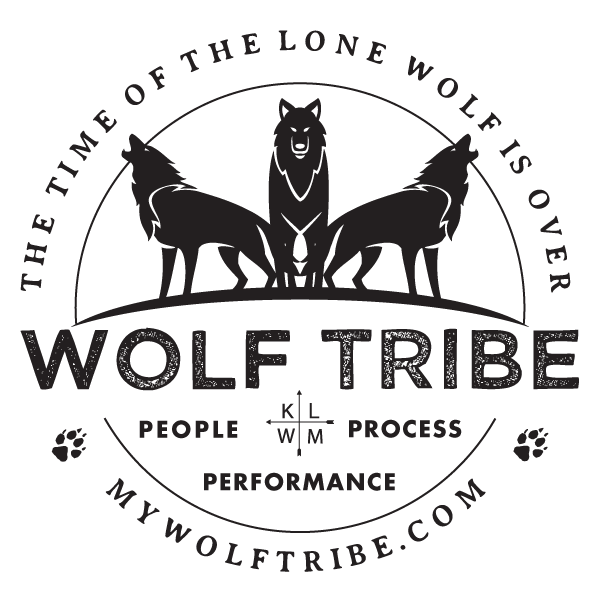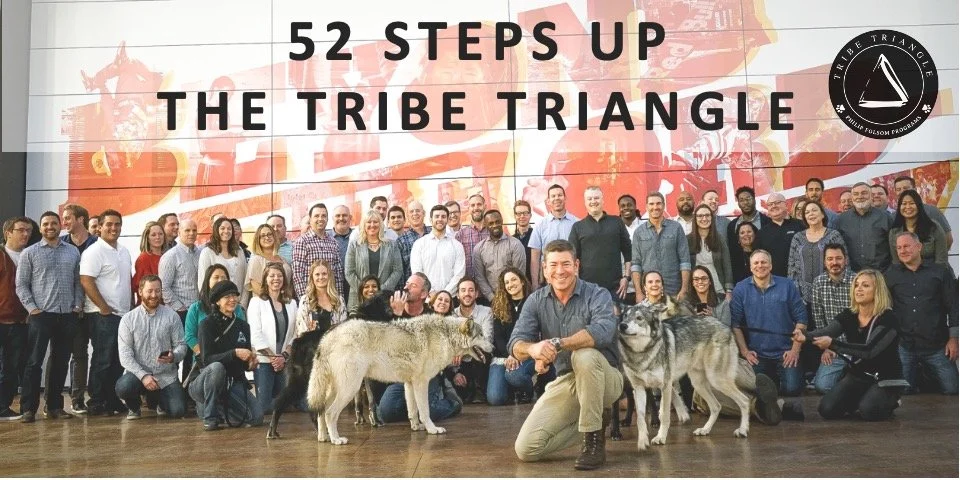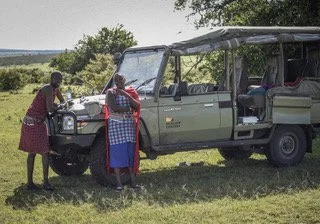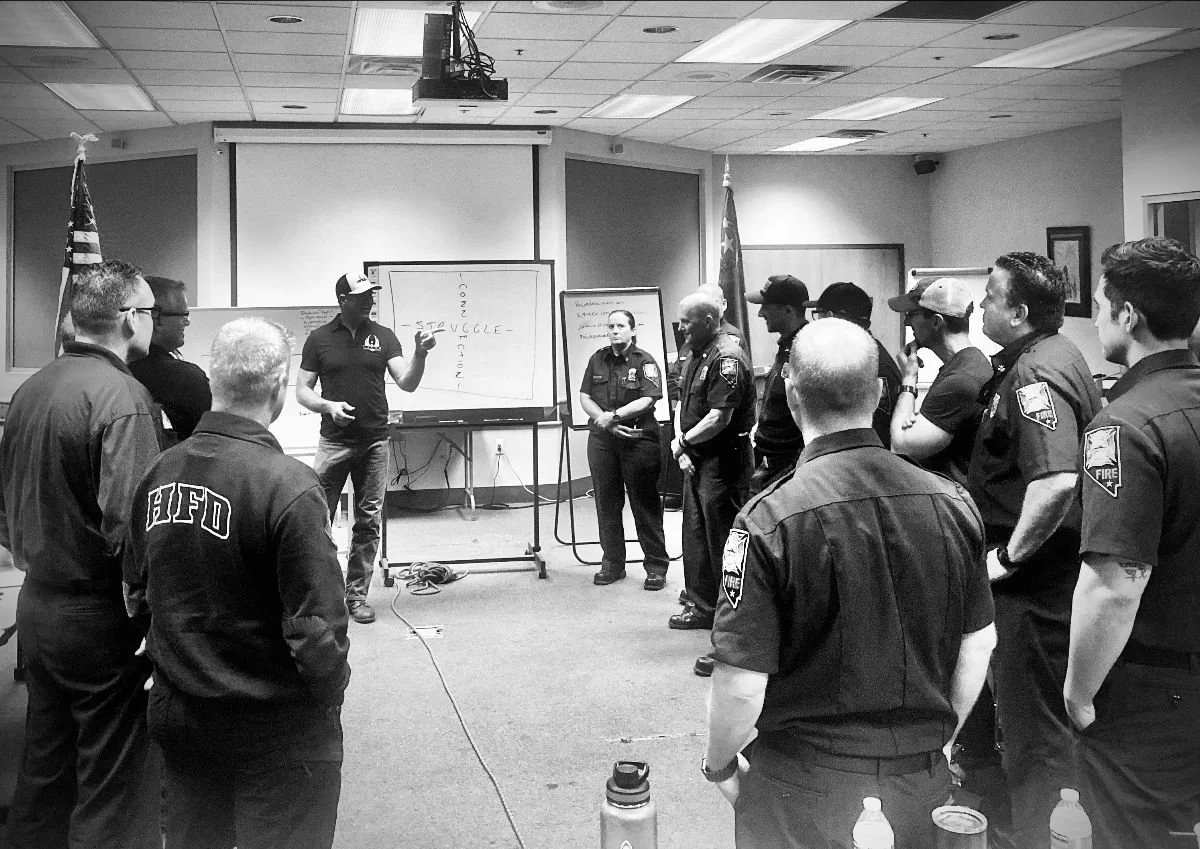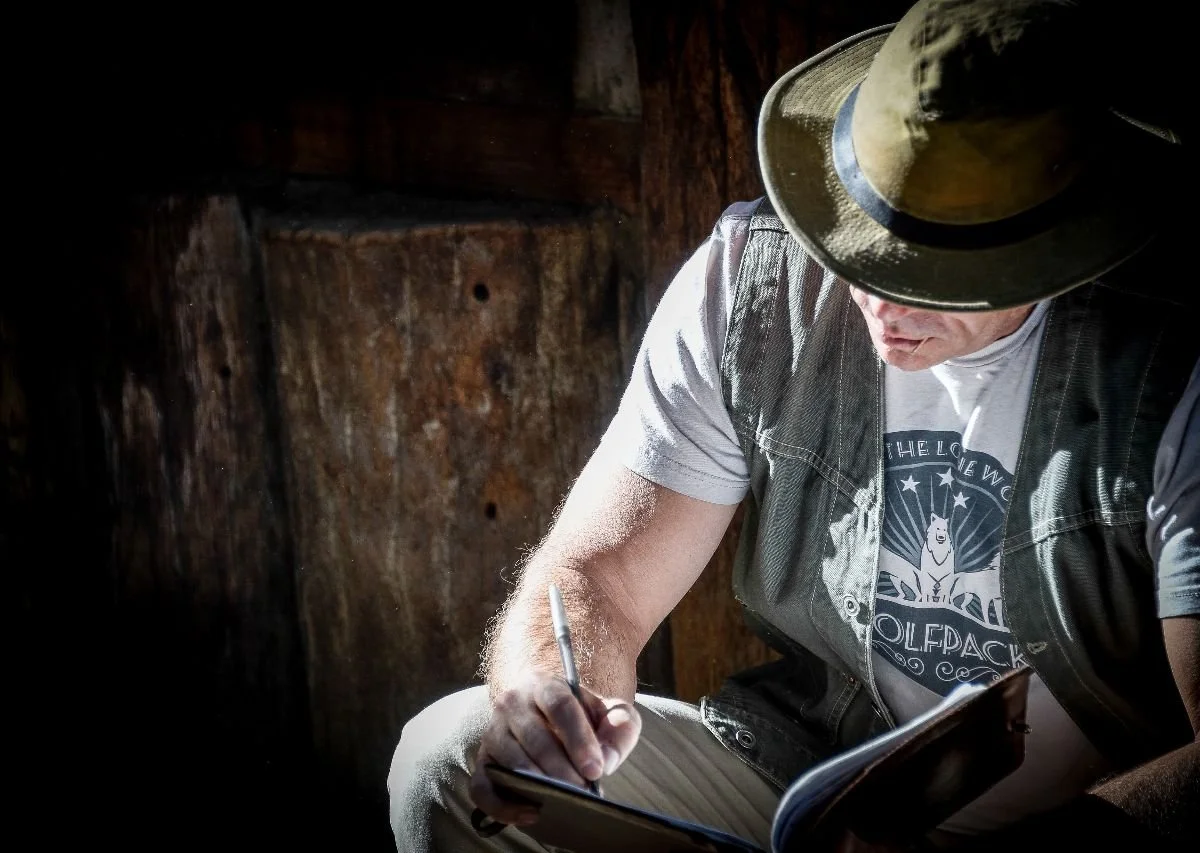Step 14 Up the Tribe Triangle: Reclaiming Kinship
“Society has a kinship-shaped hole in its heart.”
-Philip Folsom
There are two Big Challenges that face your family and your work team, Tribe Leader. Fortunately, both of these challenges are resolved by the same solution and although that solution is very simple it can be very hard in today’s society.
The first of these two Big Challenges is to discover the cause and the solution to our resiliency and mental health struggles. The second challenge is to discover the cause and solution to our physical and professional challenges.
The cause and solution to both of these Big Challenges is to acknowledge our lost kinship system that we are biologically and socially designed for and then reclaim it.
We are going to do a deep dive into both kinship resiliency solutions as well as kinship sustainable success solutions in the next two steps. To do this we must first get a grasp of what kinship is and why it is such a vital component to humanity.
Humans need a tribe like a wolf needs a pack. Lone wolves do not thrive with resiliency or success nor do lone humans. We are built for the honor-based culture of tribe. Kinship is the heart of tribe in the same way that reciprocity is the heart of kinship.
Kinship is a deep form of relationship experienced by people who share an affiliation in the same honor-based culture.
For literally hundreds of thousands of years that our species has been on the planet (and the 6 million years that our genus left the trees to walk the savannah of ancient Africa) we have lived in tribal organizations running a kinship-based operating system. This is corroborated by the anthropological research on every indigenous tribe from every era and every area of the world. Our default operating system is tribe and tribe means kinship.
Indigenous people do not have to answer the question of what the meaning of life is. It’s simple: serve the tribe and receive honor, purpose and meaning by doing so. Without tribe and the inherent kinship system within it, we are stripped of the innate sense of meaning in life.
Similarly, indigenous people do not struggle with the misery of anxiety, depression, addiction and suicide that is currently accepted by modern society. They also do not suffer from the stress-induced diseases that are the top killers of people in modern society. This is all a function of intact kinship systems.
How do we cooperate successfully in a society where there are no traditional reciprocity kinship systems left? Artificial times require artificial means. We must create new kinship systems and these must be implemented strategically in the very center of our lives where they make the most impact.
With whom do you spend most of your time every day? For most people it is no longer our family, it is co-workers at our jobs. This simple and unavoidable fact places these co-workers at the very center of our lives.
Like it or not your co-workers are some of the most important people in your life because you spend the lion’s share of your waking hours with them. If you do not share deep and meaningful alignment with these people you will not have deep and meaningful experiences with them and therefore in your life. Reflect deeply on this.
I regularly hear people say ‘those are just my co-workers’ about the people they spend their lives with and that is a mental, emotional and spiritual disaster for humanity.
Whatever you are doing with the majority of your time must generate meaning.
Whoever you are doing that with must generate a sense of belonging and reciprocity. Kinship is the key to unlocking the sustainable resiliency and success of this new framing of work and co-workers.
‘Kin’ is the root of the word ‘kindness’ and refers to the special treatment we reserve for people in our kinship system or tribe. If you want more kindness in your family, work team and community, create more kinship.
Click here To watch the video of Step 14: Reclaiming Kinship
Leaders must write and speak
Answer these questions in your journal by really writing them down. Discuss them with at least one of your most important people and really listen to their response.
Who are the three people you spend the most time with on most days?
1
2
3
Using the techniques from the previous 13 steps of creating the alignment of kinship, what is one way you can deepen your relationship with each of those people from co-worker to tribesmember? (Shared vision, shared values, transparency etc.)
1
2
3
Ubuntu,
Philip Folsom
